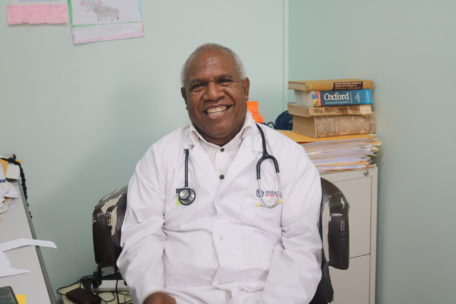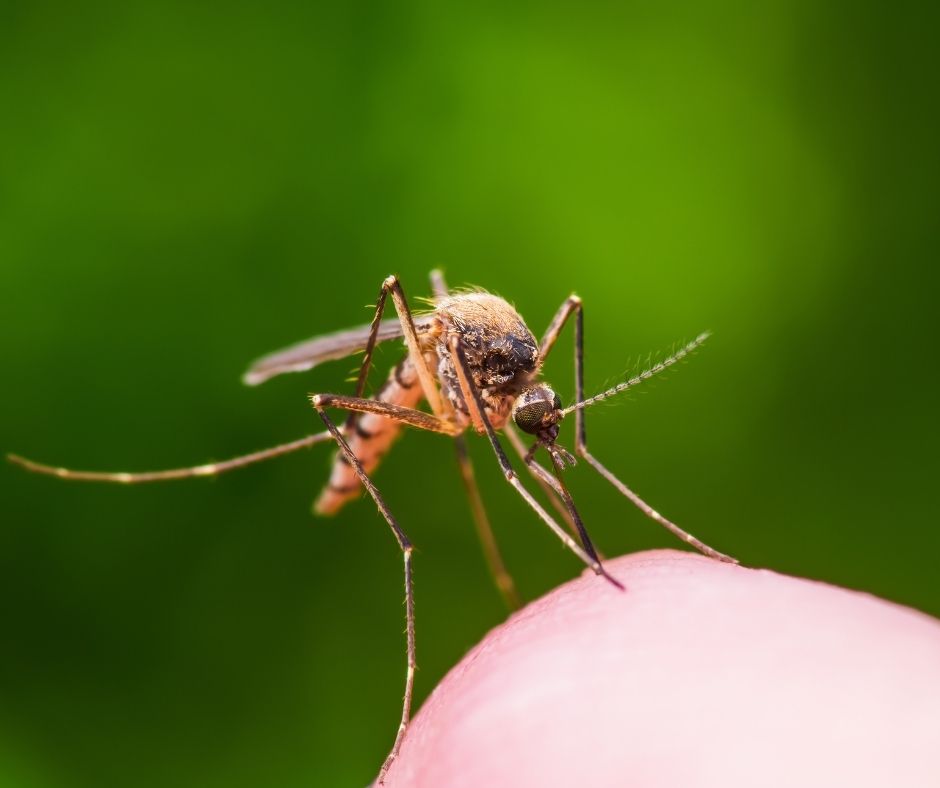People all over in the world are at risk each year to Dengue Fever. It is by far the most important mosquito-borne viral disease affecting humans worldwide; tens of millions of cases occur each year resulting in approximately 20,000-25,000 deaths mainly in children. There is currently no vaccine available for dengue.
This mosquito-borne viral disease is widely spread in tropical and subtropical regions. Dengue Fever has been widely reported and documented in Papua New Guinea (PNG) and many of its neighboring Pacific countries. It is a concern among the health authorities of those nations. The fever usually occurs in epidemics affecting families, communities, and the economy with an infected population.
In this series of wellness articles, Dr Chalau discussed his experience with Dengue, from diagnostics to treatment and helpful ways we can prevent this fatal disease from entering our homes.
The Short History of Dengue
Dengue is not native to our region and was introduced recently. It is suspected that Dengue travelled in from neighbouring tropic countries and in the onset started transmitting from one infected person by mosquito to another person.
Even though I learnt about Dengue in Medical School many years back, my first encounter with Dengue was in 2016 at Paradise Private Hospital. We experienced an epidemic and had patients arriving in masses, counting almost 200 – 300 people infected with Dengue at that time. We had to recommend blood transfusion for patients with a severe drop in platelet counts. This happens when there is severe clinical manifestation of dengue haemorrhagic fever (DHF)/dengue shock syndrome (DSS), which is often fatal if not properly treated. I will explain further what that means.
Therefore, it is imperative we talk about Dengue as another important health concern for our community and collectively find ways in which we can prevent Dengue from occurring.
Not the same Mosquitos – How Dengue is different from Malaria.
Dengue fever is a viral infection spread by the Aedes aegypti mosquito and is caused by one of four dengue viruses whereas Malaria is an infectious disease caused by a parasite called Plasmodium, which is transmitted when a female Anopheles mosquito bites a person. Dengue may be spread by other mosquitos, but Malaria can only be spread by one type of female mosquitos.
The mosquito carrying malaria is usually active at night, while the dengue mosquito attacks when there is daylight. The signs of Dengue become evident withing 4 to 5 days after an infected mosquito bite while Malaria takes about 10 – 15 days before symptoms appear.
Early signs of malaria include fever and chills, headaches, nausea and vomiting and muscle pain and fatigue. Dengue’s warning signs also include high fever, fatigue, and nausea with three unique symptoms, namely, pain behind the eyes, swollen glands, and rashes. In addition, in most cases of malaria fever is shorter than dengue fever, which lasts for about seven days.
This is the first part to a three part series on the topic of Dengue Fever.
Article by: Dr Polapoi Chalau

Dr Polapoi Chalau joined Paradise Private Hospital in 2016 as their Medical Director with many years’ experience working in senior medical leadership and health management in the public sector. He served as the CEO of Angau General Hospital in Lae for 7 years (2006-2014) and previously as the Chief Surgeon of PNG & Specialist advisor to the National Health Department (1993-2010).
Dr Chalau’s many achievements include serving as the Honorary Senior Lecturer in Surgery at the University of PNG and was instrumental in setting up highly specialised training for surgeons at the country’s medical school. He holds a Masters in Business Administration- Executive (EMBA) from PNG University of Technology, Masters in Surgery and a Bachelor in Medicine and Surgery from the University of PNG (UPNG).
Dr Polapoi Chalau hails from Loamat Village – Rambutso Island in the Manus Province and is married with six children.
******
CIG in partnership with Paradise Private Hospital (PPH) brings to their community, the Wellness Hub. A Hub that provides their clients and members of their community access to vital information on health and wellness issues affecting their community and useful information to help make better health and lifestyle choices.
The information, including but not limited to, text, graphics, images, and other material contained on this website are for informational purposes only. No material on this site is intended to be a substitute for professional medical advice, diagnosis, or treatment.


